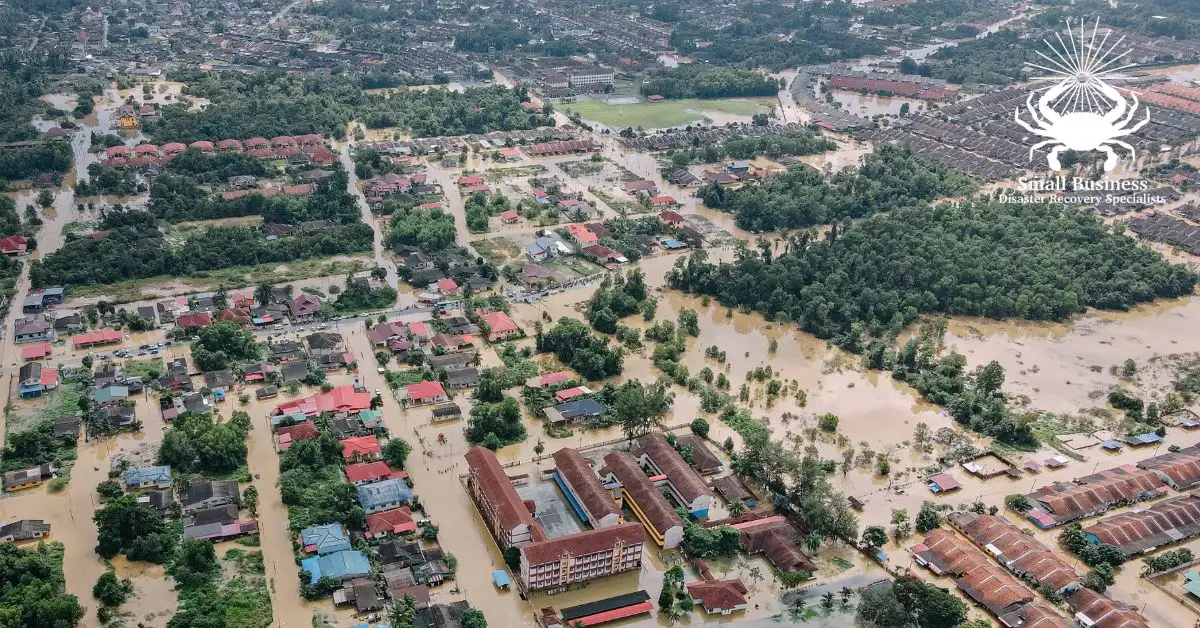In times of crisis, small businesses are often hit the hardest. Whether it’s a natural disaster, a pandemic or a cyberattack, unexpected disruptions can have devastating consequences for small businesses and the communities they serve. However, by building partnerships and fostering community resilience, small businesses can better prepare for and recover from disasters. As Small Business Disaster Recovery Specialists, we understand the importance of collaboration and support in times of need. In this blog post, we’ll explore the concept of community resilience and how building partnerships can help small businesses navigate and recover from disasters more effectively.
Understanding Community Resilience
Community resilience refers to the ability of a community to withstand and recover from adversity. It encompasses the collective efforts of individuals, businesses, organizations and government agencies to prepare for, respond to and recover from disasters. Building community resilience requires collaboration, communication and coordination among all stakeholders to ensure a unified and effective response to crises.
The Role of Small Businesses in Community Resilience
Small businesses play a critical role in building community resilience. As anchors of local economies, they provide essential goods and services, create jobs, and contribute to the overall well-being of communities. In times of disaster, small businesses are vital lifelines, helping to meet the immediate needs of residents and supporting recovery efforts. By preparing for and mitigating the impacts of disasters, small businesses can help strengthen community resilience and ensure the long-term vitality of their communities.
Building Partnerships for Small Business Disaster Recovery
Collaboration and partnership are essential components of effective disaster recovery for small businesses. By forging partnerships with other businesses, government agencies, non-profit organizations and community stakeholders, small businesses can access resources, expertise and support to aid in their recovery efforts. Partnerships can take many forms, including:
Business Networks
Joining local business associations or chambers of commerce can provide small businesses with access to valuable resources, information and support networks. These networks can facilitate communication, collaboration and resource-sharing among businesses before, during and after disasters.
Government Agencies
Establishing relationships with local, state and federal government agencies responsible for emergency management and disaster recovery can help small businesses access disaster assistance programs, grants and other resources. Government agencies can provide guidance on disaster preparedness, mitigation strategies and recovery planning.
Non-Profit Organizations
Partnering with non-profits, such as community foundations, disaster relief organizations and volunteer groups, can provide small businesses with additional support and resources during disasters. These organizations may offer financial assistance, volunteer labor or other forms of aid to help businesses recover and rebuild.
Promoting Community Resilience Through Preparedness and Planning
While disasters are unpredictable, small businesses can take proactive steps to prepare for and mitigate their impacts. Developing a comprehensive disaster recovery plan, implementing risk management strategies and investing in disaster-resistant infrastructure can help small businesses minimize losses and expedite recovery efforts. By promoting resilience through preparedness and planning, small businesses can better withstand and recover from disasters, contributing to overall community resilience.
Community resilience is essential for small businesses to thrive in the face of adversity. By building partnerships, fostering collaboration and promoting resilience through preparedness and planning, small businesses can better prepare for and recover from disasters. At Small Business Disaster Recovery Specialists, we are committed to supporting small businesses in building resilience and overcoming challenges. Contact us today to learn more about our disaster recovery services and how we can help your business prepare for the unexpected. Visit https://smallbusinessdrs.com/ to learn more.



